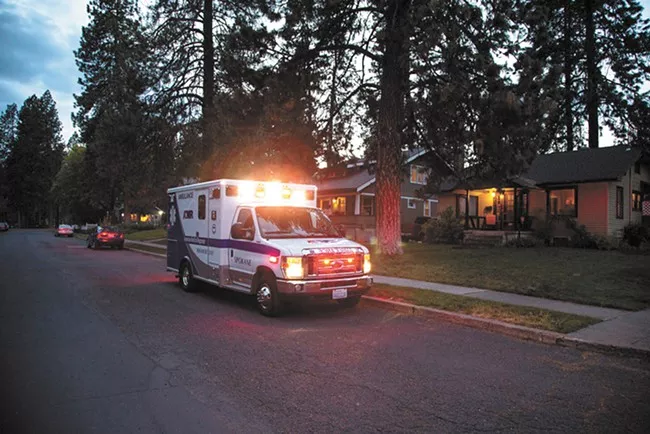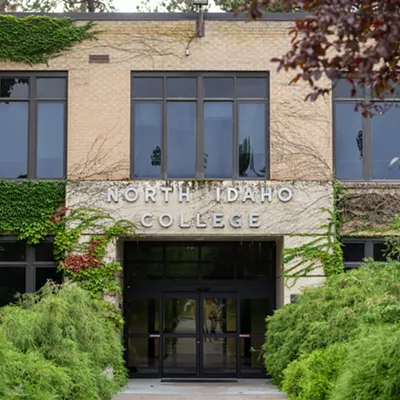Back to Bid
Mayor David Condon announced this week that his administration will reissue the call for bids for private ambulance service after the first attempt produced only one bidder: the city's current provider, American Medical Response. The new request will not include the requirement that any bidder have experience providing advanced service to an American city of at least 150,000.
That requirement sparked controversy in City Hall last month when competing ambulance company Falck said it prevented them from bidding, despite their extensive international experience. Council President Ben Stuckart then asked the mayor to reissue the request for bids, saying that if he didn't, the council may not approve a new contract with AMR. The mayor acknowledged those concerns Monday: "I worked with city councilmembers and they ultimately need to pass this."
AMR has argued that Falck had the chance to raise its concerns before the first process was closed and that rebidding would allow competitors to see AMR's bid and undercut them. Because AMR's current contract expires next month and a new contract is not expected until November, the city may seek an extension to continue service. In an email Tuesday, AMR's West Region General Manager Kevin Anderson told the Inlander, "If an interim agreement cannot be reached AMR will continue to serve Spokane residents without a contract in place until a new bidding process is completed. We are still considering our options regarding the decision to rebid and the release of our original proposal to competitors."
— HEIDI GROOVER
What's in a Name?
In an attempt to improve tactical versatility, Spokane Police Department officials last week announced they had switched their long-established SWAT team to an Emergency Response Unit effective immediately, with plans for additional crisis de-escalation, negotiation and rescue training.
Police officials expect much of the team's mission, equipment and staffing to remain the same, but the name change signals a shift toward a broader range of roles and applications, loosely based on the NYPD's Emergency Services Unit.
"Obviously, we are working in a different environment with different needs than in New York City," SPD spokeswoman Monique Cotton notes. "Our enhanced training will be geared more toward rescuing people in crisis, persons on our bridges, in the water or other hazardous locations."
Spokane Police Chief Frank Straub, who previously worked with the NYPD, says the additional training will help officers engage people who may be suicidal or in other sensitive negotiations. Some members will get additional training in mental health crisis intervention techniques.
— JACOB JONES
Deadly Shots
Almost two-thirds of Washington state police murders were committed by people who were barred from owning firearms, according to a new study by a national organization promoting Initiative 594, a universal background checks measure on private gun sales in Washington.
Everytown for Gun Safety, former New York City Mayor Michael Bloomberg's gun-control advocacy group, used FBI data and news stories to examine 36 murders of Washington law enforcement officers between 1980 and 2013. During that period, 28 officers were shot with guns they didn't own. Of those 28, at least 17, or 61 percent, were killed by people who would have been prohibited from possessing guns due to their criminal records, past domestic violence or histories of serious mental illness.
Dave Workman, the communications director for the Citizens Committee for the Right to Keep and Bear Arms in Bellevue, which has endorsed a competing measure, Initiative 591, that would forbid the state from mandating future background checks, said I-594 likely would not have prevented those deaths.
"There's nothing to indicate that any of these individuals would have gone through means that were remotely legal to obtain the firearms that they used in the first place," Workman said.
— DEANNA PAN


























